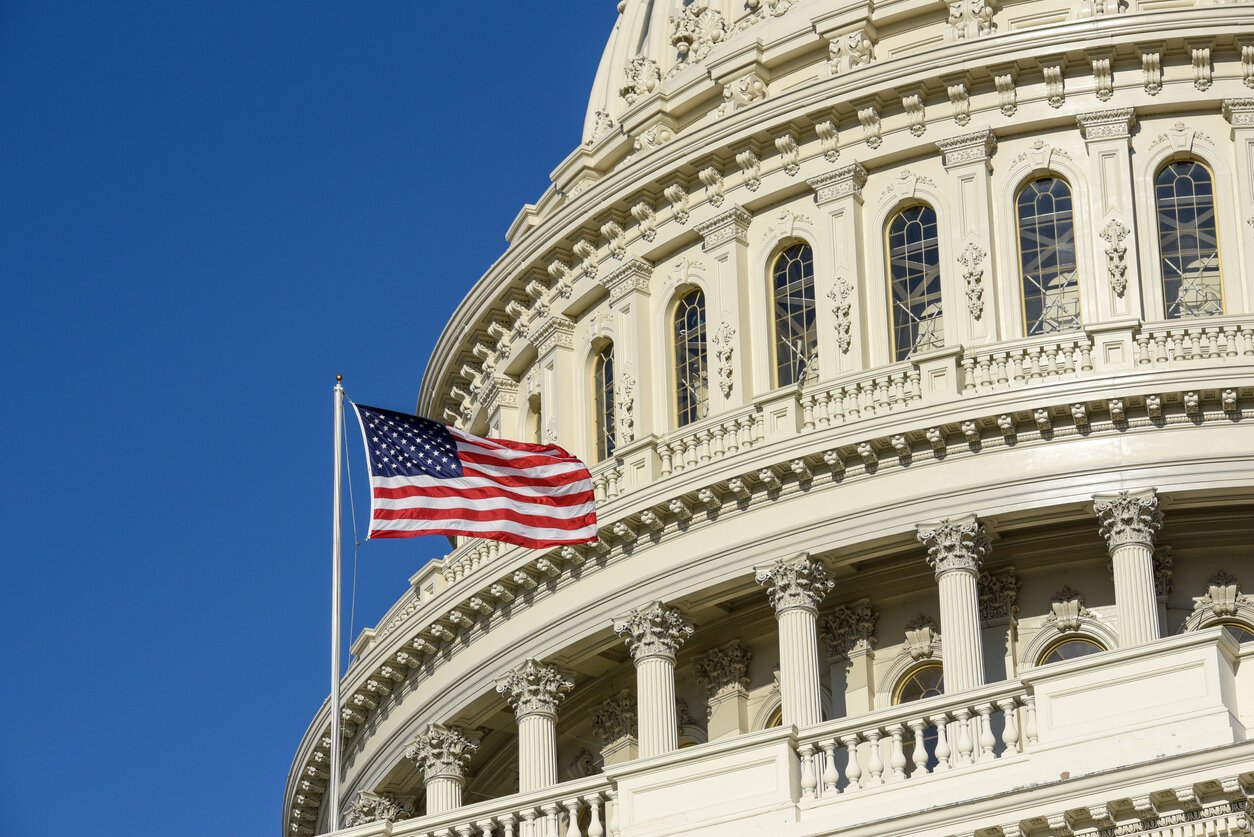Congress Punts Government Funding to Lame Duck Session
Congress narrowly avoided a government shutdown by punting appropriations with the stopgap measure hours before funding expired. The continuing resolution (CR) expires on December 16.
Lawmakers Consider Codifying Federal Management, Information Offices
Lawmakers in both the House of Representatives and the Senate are considering proposals to establish and codify federal offices that will help implement agency policies.
Congress Plans for Continuing Resolution as the White House Issues Funding Requests
Lawmakers are working on a continuing resolution (CR) to extend current government funding levels—which is set to expire on September 30, 2022—through December 16, 2022.
GAO Reports Continuing Resolutions Cause Administrative Burdens, Stunted Services
In a new report, the Government Accountability Office (GAO) highlighted the impact of continuing resolution (CR) on federal agencies and how they seek to mitigate the ensuing disruption.

Federal Health Insurance Plans Are ‘Essential’ During Government Shutdowns
The Office of Personnel Management (OPM) released a final rule on April 2, 2021 that states federal employees will not lose their health benefits during government shutdowns. The OPM rule implements provisions within the National Defense Authorization Act (NDAA) of 2020 to make certain federal health and life insurance services “essential.”

Congress Scrambles to Fund Government as Deadline Looms
With a government shutdown looming at the end of this week, lawmakers are scrambling to fund the government and approve emergency COVID-19 aid. The omnibus government funding bill is expected to also serve as the vehicle for two COVID-19 relief packages.

Talks on Omnibus Spending Bill Between Chambers of Congress Begin
In the House and the Senate, initial talks for an omnibus appropriations bill have begun. The goal of these initial talks is to agree on top-line spending levels that will be included. Congress has until December 11, 2020 to fund the government and both Speaker of the House Nancy Pelosi (D-CA) and Senate Majority Leader Mitch McConnell (R-KY) have stated that they do not want another continuing resolution and would rather have an appropriations package ready to go.

Senate Releases Spending Bills for Fiscal Year 2021
Senate appropriators released all 12 of their fiscal year 2021 spending bills on the morning of November 10, 2020. Lawmakers have until December 11, 2020 to secure government spending and avoid a federal shutdown. Both Senate Majority Leader Mitch McConnell (R-KY) and Speaker of the House Nancy Pelosi (D-CA) have called for a new omnibus spending bill, which would fund all government agencies in a single large package, rather than another continuing resolution that only funds the government temporarily at previous levels.

Avoidance of Government Shutdown Rests on Lame Duck Spending Deal
As lawmakers approach the December 11, 2020 stopgap funding deadline, Speaker of the House Nancy Pelosi (D-CA) and Secretary of the Treasury Steve Mnuchin remain stuck on several issues relating to COVID-19 and funding of the government. If Congress and the White House are unable to reach another stopgap funding deal by December 11, then a partial government shutdown could occur.

House Introduces Funding Bill Without Senate Support
House Speaker Nancy Pelosi announced a new stopgap government funding bill this week without first securing support from her Republican counterparts in the Senate or the White House. This bill would extend current levels of spending for agencies past the September 30 end of the fiscal year through December 11.

Congress, White House Reach Informal Agreement to Prevent Government Shutdown
House Speaker Nancy Pelosi (D-CA) and Secretary of the Treasury Steven Mnuchin have reportedly agreed to a stopgap, government-wide funding bill for federal agencies. This informal consensus would avoid a government shutdown in October and extend funding at fiscal year 2020 levels for federal agencies until at least the November 3, 2020 election.

